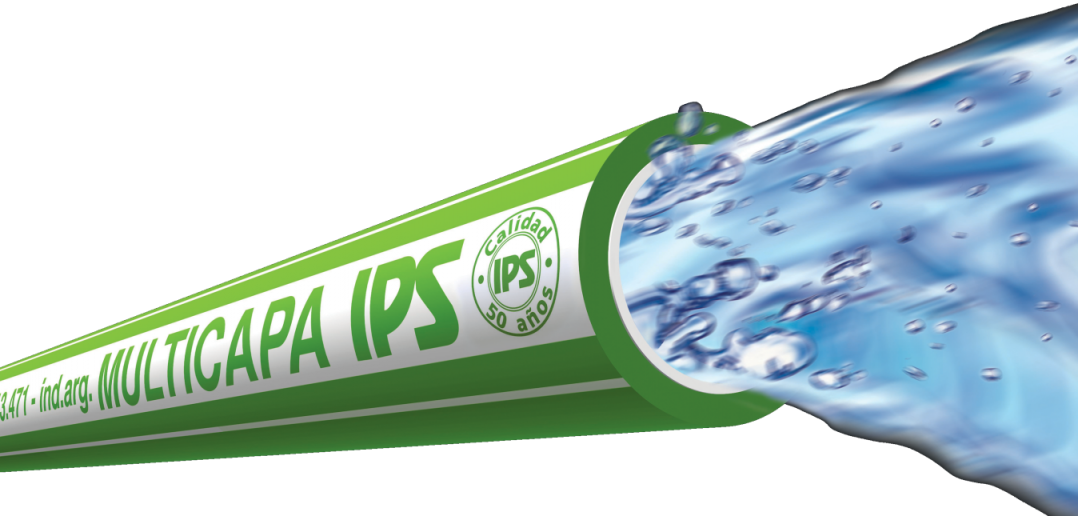Unfortunately there’s a bad history within the plumbing sector in sub-Saharan Africa of de-engineering products in order to reduce the cost of the system. Competing on price, plumbing systems have been continually reduced in quality for generations to a point where they are now expected to leak.
IPS PPR Plus puts the quality back into plumbing without increasing the cost beyond reach. Customers may pay a little more for an IPS system at installation stage, but with no maintenance or repairs, they end up saving a lot of money, and time. So why does IPS perform when other plumbing systems fail?
It all starts at the factory in Argentina. IPS pipes and fittings are designed and manufactured as a system, together in the same factory. Making pipe is a lot easier than making fittings, so often the pipe you see in the market may have been made in a different country, never mind a different factory to the fittings that are being sold with it. If the pipe and fitting are not designed to work together, they probably won’t! IPS is also manufactured from brand new, virgin polypropylene, giving it strength and integrity. Cheap PPR is made from recycled material that could have been made from any type of plastic mixed together – think plastic bags and food packaging. Is this what you want your water delivered in?
How do we know IPS outperforms other PPR? Testing is important and is undertaken constantly at our factory. Systems are subjected to a number of laboratory tests, including a 5,000 hour test, and are examined for strength and performance. A pressure test reveals a breaking point at a huge 115 bar, while the 5,000 hour test demonstrates a 24/7 capability of operating at 20 bar.
Because of the type of material we use, and the performance standards we manufacture to, IPS is a lightweight product with impact resistance and elasticity, making it a great product to work with and install. Users notice that heat loss from hot water is minimised, the flow rate is maximised and they no longer get brown water from their taps because there are no metal parts in IPS to rust. The dual layer – you’ll notice a white internal layer to IPS pipes – is a barrier layer to prevent oxygen from seeping through the pipe and breeding bacteria in the water inside the pipe. Every plumbing system should be a barrier system like this.
Once our systems reach our exclusive FlowPlumb Distributors, the difference doesn’t stop. Our Distributors can help design plumbing systems to gain efficiency and reduce cost, and we have trained thousands of plumbers across sub-Saharan Africa to ensure a first rate installation. Even the tools IPS provide are designed to produce a better fusion weld.
IPS PPR Plus in non-toxic, odourless, colourless and tasteless, and can be used in homes, hotels, hospitals, schools, churches, commercial buildings and even food factories.
Ultimately, when choosing your plumbing system, you should ask yourself whether you want to install a system knowing that it will go wrong, damage your building and incur you extra cost, or whether you want a plumbing system that you’ll never have to think about again?




